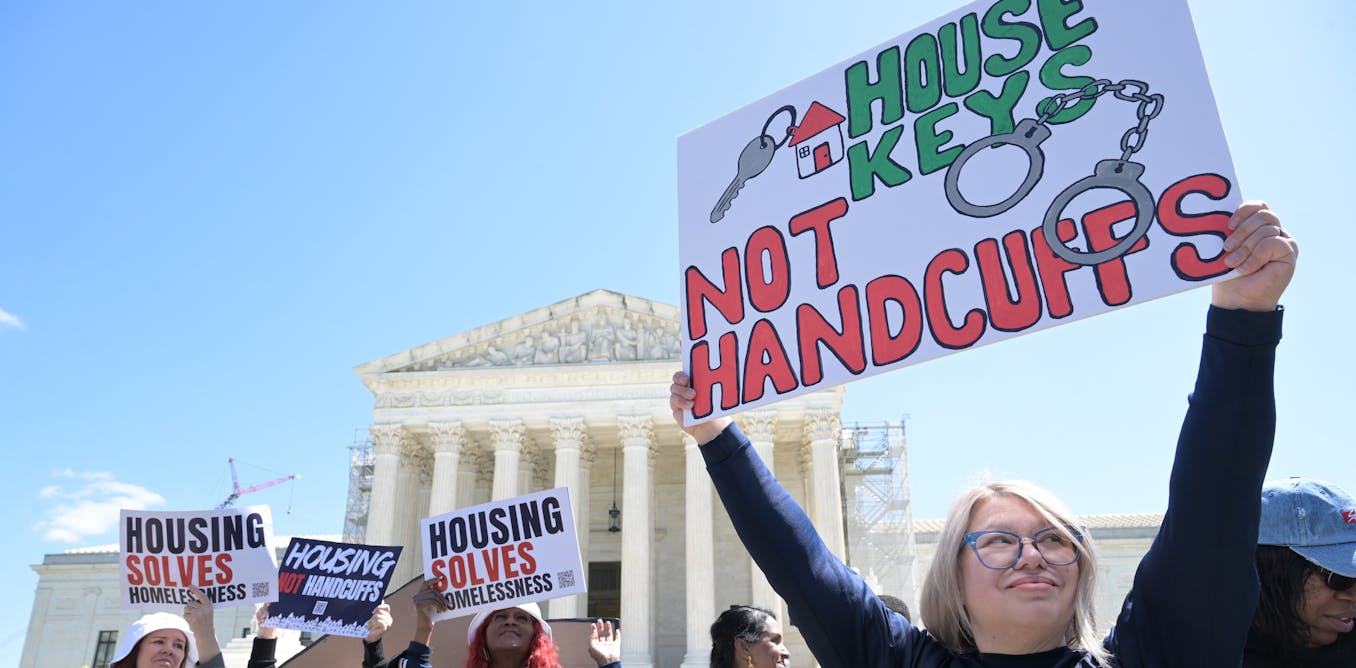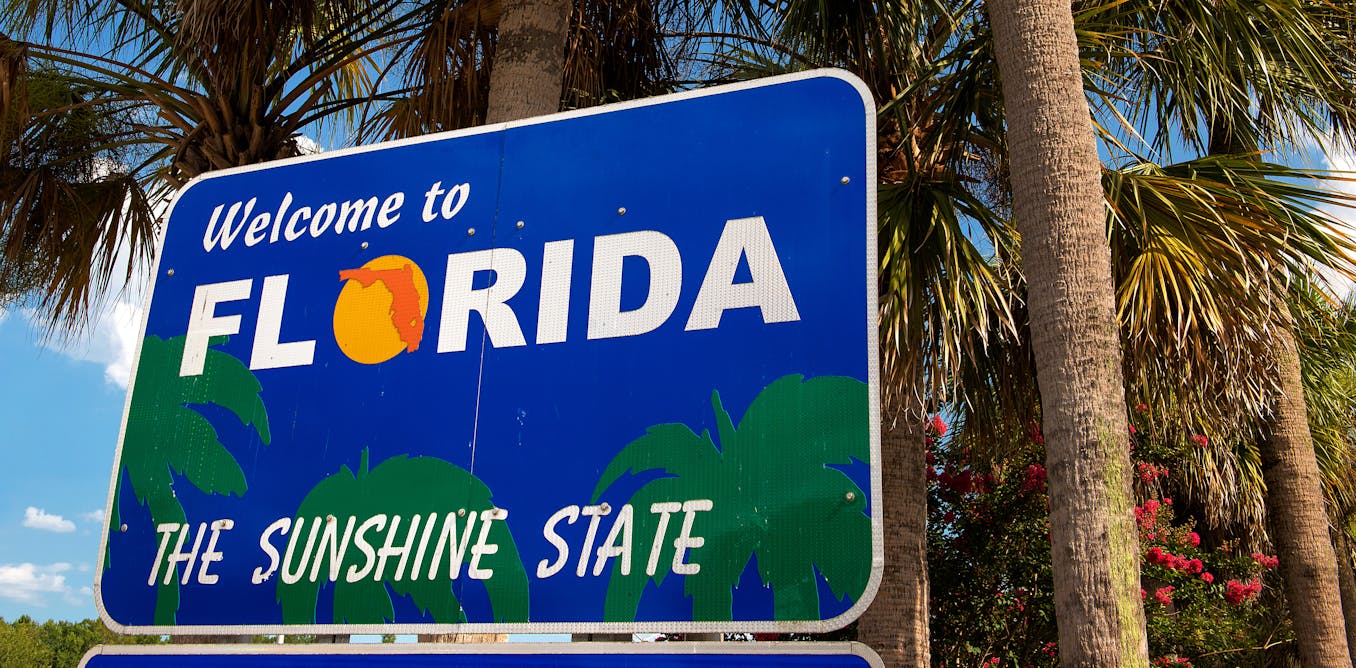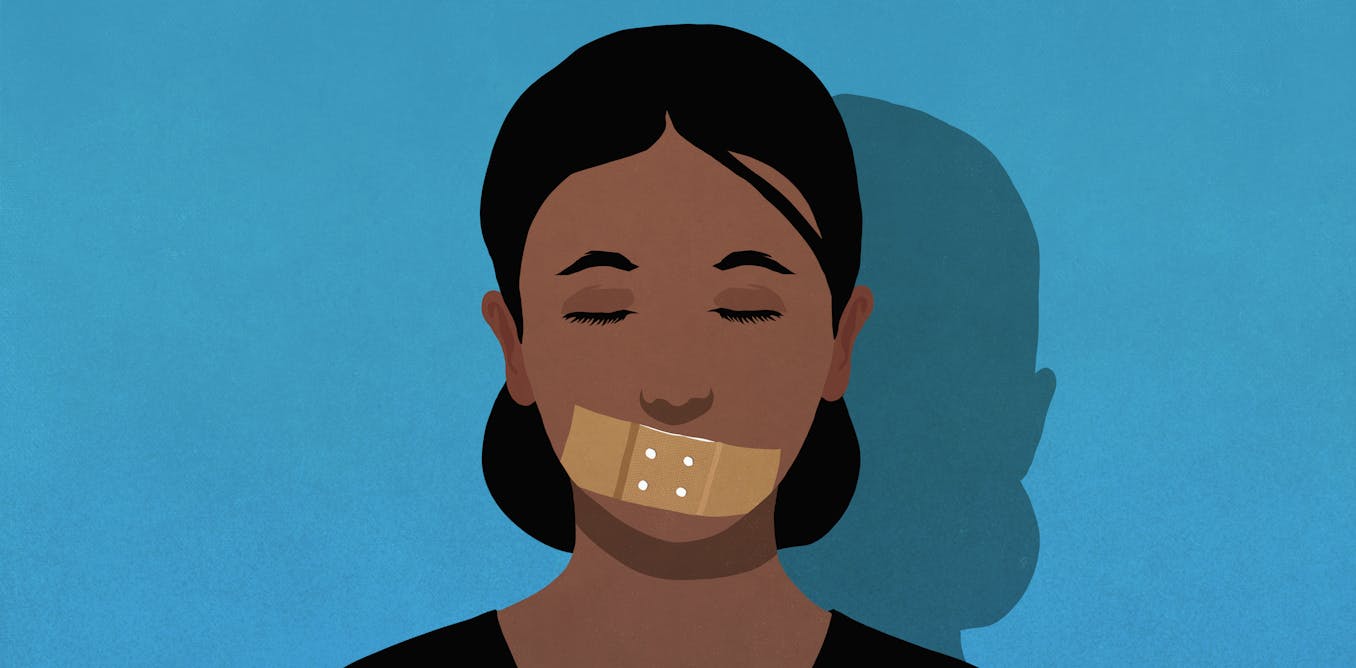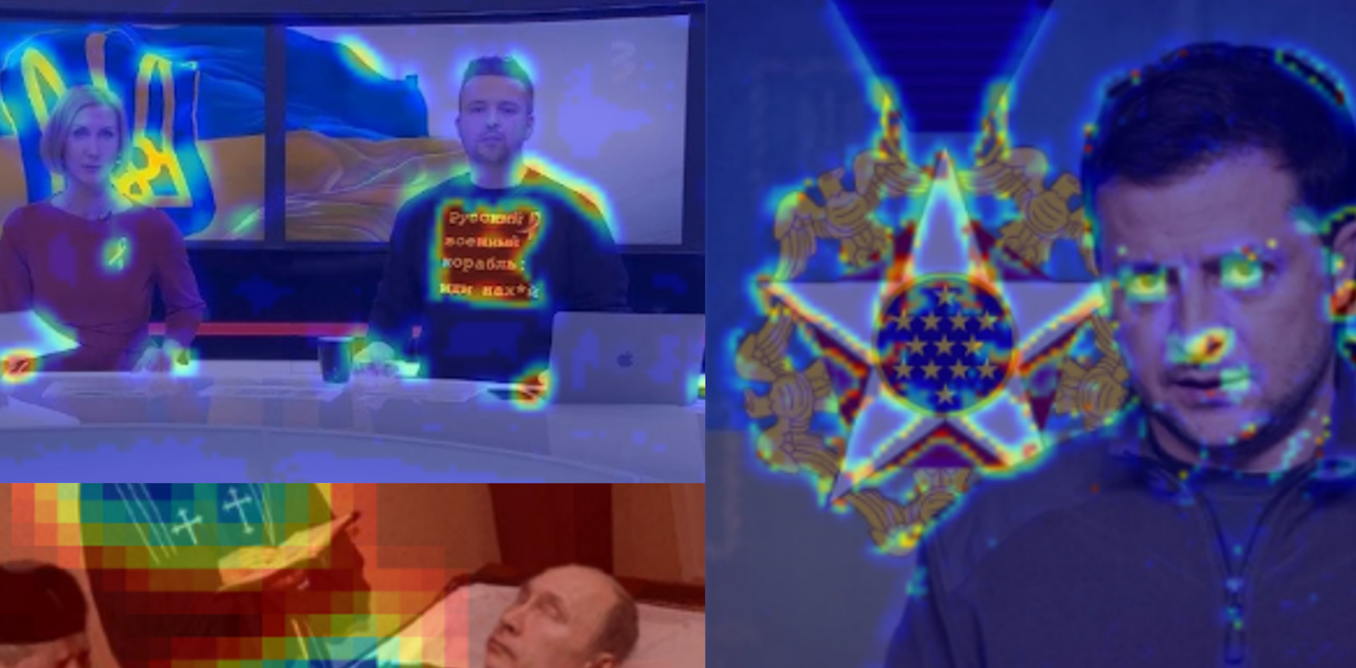The Supreme Court has dominated that the Eighth Modification to the U.S. Structure does not prohibit cities from criminalizing sleeping outside.
Town of Grants Pass v. Johnson commenced when a compact metropolis in Oregon with just just one homeless shelter started enforcing a nearby anti-tenting law against men and women sleeping in public working with a blanket or any other rudimentary defense in opposition to the aspects – even if they experienced nowhere else to go.
The court docket confronted this issue: Is it unconstitutional to punish homeless folks for executing in general public points that are needed to survive, these types of as sleeping, when there is no option to do these acts in non-public?
In a 6-3 conclusion published by Justice Neil Gorsuch, the court docket stated no. It rejected the declare that criminalizing sleeping in community by those with nowhere to go violates the Constitution’s prohibition on cruel and strange punishment. In my look at, the choice – which I see as disappointing but not stunning – will not guide to any reduction in homelessness, and will undoubtedly end result in a lot more litigation.
As a expert in poverty legislation, civil rights and entry to justice who has litigated numerous cases in this space, I know that homelessness in the U.S. is a functionality of poverty, not criminality, and that criminalizing people today dealing with homelessness in no way allows remedy the difficulty.
https://www.youtube.com/check out?v=Ly3KOFCyhcQ
The Grants Move scenario
Grants Pass v. Johnson culminated decades of struggle over how far towns can go to discourage homeless persons from residing in their borders, and irrespective of whether or when prison sanctions for steps this kind of as sleeping in community are permissible.
In a 2019 circumstance, Martin v. City of Boise, the 9th U.S. Circuit Courtroom of Appeals held that the Eighth Amendment’s cruel and uncommon punishment clause forbids criminalizing sleeping in community when a human being has no personal position to snooze. The decision was based on a 1962 Supreme Courtroom circumstance, Robinson v. California, which held that it is unconstitutional to criminalize getting a drug addict. Robinson and a subsequent situation, Powell v. Texas, have arrive to stand for distinguishing in between status, which are unable to constitutionally be punished, and perform, which can.
In the Grants Pass ruling, the 9th Circuit went one phase even further than it experienced in the Boise case and held that the Structure also banned criminalizing the act of general public sleeping with rudimentary security from the aspects. The final decision was contentious: Judges disagreed in excess of no matter whether the anti-camping ban regulated conduct or the status of becoming homeless, which inevitably sales opportunities to sleeping exterior when there is no substitute.
Grants Pass urged the Supreme Court docket to abandon the Robinson precedent and its progeny as “moribund and misguided.” It argued that the Eighth Amendment forbids only certain cruel techniques of punishment, which do not contain fines and jail phrases.
The homeless plaintiffs did not problem realistic regulation of the time and location of outdoor sleeping, the city’s capability to restrict the dimension or place of homeless teams or encampments, or the legitimacy of punishing these who insist on remaining in public when shelter is readily available.
But they argued that wide anti-camping regulations inflicted extremely harsh punishments for “wholly harmless, universally unavoidable behavior” and that punishing folks for “simply current outside the house without obtain to shelter” would not reduce this action.
AP Photograph/J. Scott Applewhite
In today’s selection, the court docket turned down the city’s invitation to overrule the 1962 Robinson conclusion and remove the prohibition on criminalizing standing, but denied that being homeless is a position. Rather, the courtroom agreed with the metropolis that tenting or sleeping in public are functions, not statuses, even with the plaintiffs’ evidence that for homeless persons, there is no change among criminalizing “being homeless” and criminalizing “sleeping in community.”
The final decision is remarkably slim on Eighth Amendment investigation. It declines to interact with plaintiffs’ arguments that criminalizing sleeping imposes disproportionate punishment or imposes punishment with out a legit deterrent or rehabilitative purpose.
Rather, the court docket returned about and above to the strategy that the 9th Circuit’s selection expected judges to make impermissible plan choices about how to reply to homelessness. The court docket also thoroughly cited pal-of-the-court docket briefs from metropolitan areas and other individuals speaking about the issues of addressing homelessness. Appreciably, having said that, neither these briefs nor the court’s selection cite proof that criminalization minimizes homelessness in any way.
In a strong dissent commencing “Sleep is a biological necessity, not a crime,” Justice Sonia Sotomayor, joined by Justices Elena Kagan and Ketanji Brown Jackson, quoted extensively from the record in the situation. The dissent involved some surprising statements from the Grants Go Town Council, these kinds of as “Maybe [the homeless people] are not hungry enough or cold more than enough … to make a modify in their conduct.”
Sotomayor mentioned that time, area and way restrictions on sleeping in public are perfectly permissible below the Ninth Circuit’s assessment, and that the inevitable line-drawing issues upon which the the greater part dwells are a regular component of constitutional interpretation. She also noticed that the majority’s competition that the Ninth Circuit’s rule is unworkable was belied by Oregon’s possess actions: in 2021, the point out legislature codified the Martin v. Boise ruling into legislation.
A countrywide crisis
Homelessness is a significant issue in the U.S. The variety of individuals devoid of homes held constant during the COVID-19 pandemic largely for the reason that of eviction moratoriums and the short-term availability of expanded general public added benefits, but it has risen sharply considering the fact that 2022.
Scholars and policymakers have put in several yrs analyzing the will cause of homelessness. They incorporate wage stagnation, shrinking general public advantages, inadequate remedy for psychological disease and dependancy, and the politics of siting cost-effective housing. There is little disagreement, nonetheless, that the simple mismatch amongst the wide need to have for affordable housing and the restricted provide is a central trigger.
Crackdowns on the homeless
Increasing homelessness, specifically its obvious manifestations these as tent encampments, has pissed off city citizens, companies and policymakers throughout the U.S. and led to an increase in crackdowns from homeless folks. Experiences from the Countrywide Homelessness Regulation Middle in 2019 and 2021 have tallied hundreds of guidelines limiting camping, sleeping, sitting down, lying down, panhandling and loitering in community.
Underneath presidents Barack Obama and Joe Biden, the federal govt has asserted that legal sanctions are seldom valuable. As an alternative it has emphasized options, these kinds of as supportive companies, specialty courts and coordinated systems of care, along with increased housing supply.
Some cities have had hanging success with these actions. But not all communities are on board.
Pushing individuals out of town
I be expecting that this ruling will prompt some jurisdictions to keep on or boost crackdowns on the homeless, despite the entire absence of evidence that these actions reduce homelessness. What these types of laws might properly attain is to press the difficulty into other towns, as Grants Pass officials candidly admitted they sought to do.
The determination will likely put even more strain on jurisdictions that decide on not to criminalize homelessness, these types of as Los Angeles, whose mayor, Karen Bass, has condemned the ruling. When this ruling resolves the Eighth Modification claims towards sleeping bans, litigation above homeless policy is probably far from over.
This is an up to date version of an posting originally released April 17, 2024.




